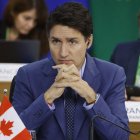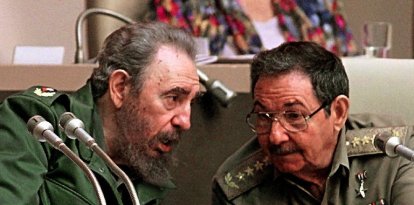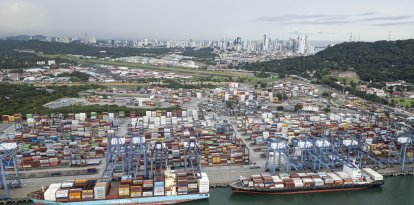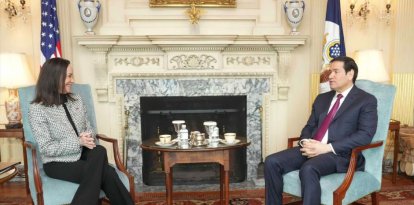ANALYSIS
Trudeau's decline: He will not even seek re-election to his seat in Parliament
The Canadian Prime Minister will leave politics with low popularity numbers. A recent poll indicated that 30% of voters will head to the polls with the intention of "getting rid of Trudeau."
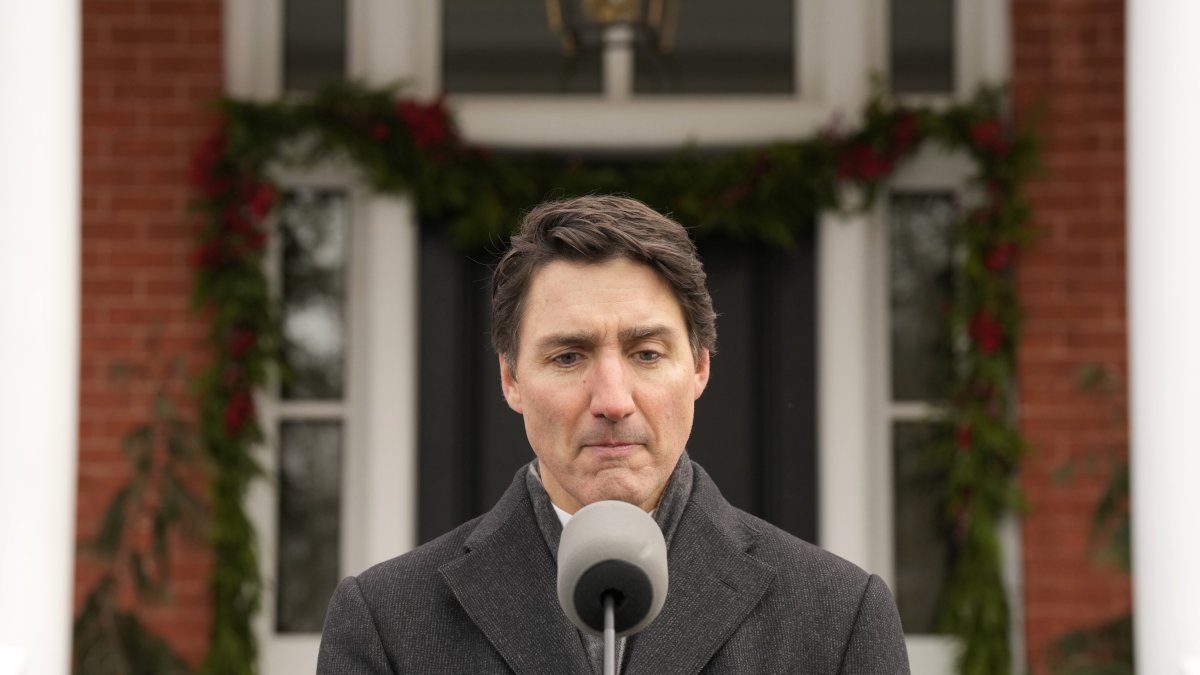
Justin Trudeau, Canadian prime minister
Justin Trudeau confirmed his final exit from Canadian politics. Not only will he step down as prime minister and leader of the Liberal Party, but he will also not run to reclaim back his seat in Papineau, Montreal. This was confirmed by Trudeau himself to Canadian media. "As to what I might be doing later, I honestly haven’t had much time to think about that at all," he added.
The progressive leader announced earlier this month that he would be stepping down. He was facing an uphill election battle, more than 20 points behind the conservative Pierre Poilievre. His resignation, for the moment, "has had little impact on voting intentions," according to the CBC polling aggregator. The Liberals, still led by Trudeau, currently have 21.5% of voter support, a far cry from the Conservative Party's 44.5%.
In Canada, voters elect representatives to the House of Commons. The party that wins the most seats forms the government, and its leader becomes prime minister. In this regard, the aggregator predicts 226 seats for the Conservatives, which would exceed the 172 needed to form a majority. The Liberals, on the other hand, are projected to remain at 49 seats.
That translates into a 99% chance of the Conservative Party securing a majority, and a 1% chance of Trudeau's party achieving the same.
"Getting rid of Trudeau"
Trudeau first won Papineau, in Montreal, Quebec, by a narrow margin in 2008. He returned to victory five times, most recently in 2021. As leader of the party, he won enough seats three times to form a government.
Although the latest projection from the specialized site 338Canada showsthat the Liberal Party would retain the Papineau district, allowing Trudeau the possibility of staying in Parliament, the national numbers indicate broad, direct rejection of his leadership.
A December poll from Mainstreet Research reveals that while 15% of Canadians want a change in government, 30.4% will go to the polls with the intention of "getting rid of Trudeau." The president of the polling firm, Quito Maggi, highlighted that Trudeau's repudiation "increased significantly" (up 5.9% in one month), particularly within his own party: "The most interesting thing is that among Liberal voters, it increased tenfold."
The Liberals will elect a new leader on March 9. Therefore, the end of the Trudeau era, which will have lasted nine years, will coincide with the second Trump Administration in about two months. This relationship will be one of the priorities during his farewell. After a meeting with his ministers on Thursday, the prime minister promised to "protect Canadians from harmful tariffs and defend our free trade agreement with the United States."
His constituents, however, do not seem to share that confidence. According to Mainstreet Research, only 15% of Canadians believed Trudeau was the right leader to negotiate with Donald Trump, while 45% preferred Poilievre. The latter, who is likely to become the next prime minister of Canada's northern neighbor, expressed a willingness to engage with the Republican, although he strongly rejected Trump's remark about Canada potentially becoming the 51st state.





